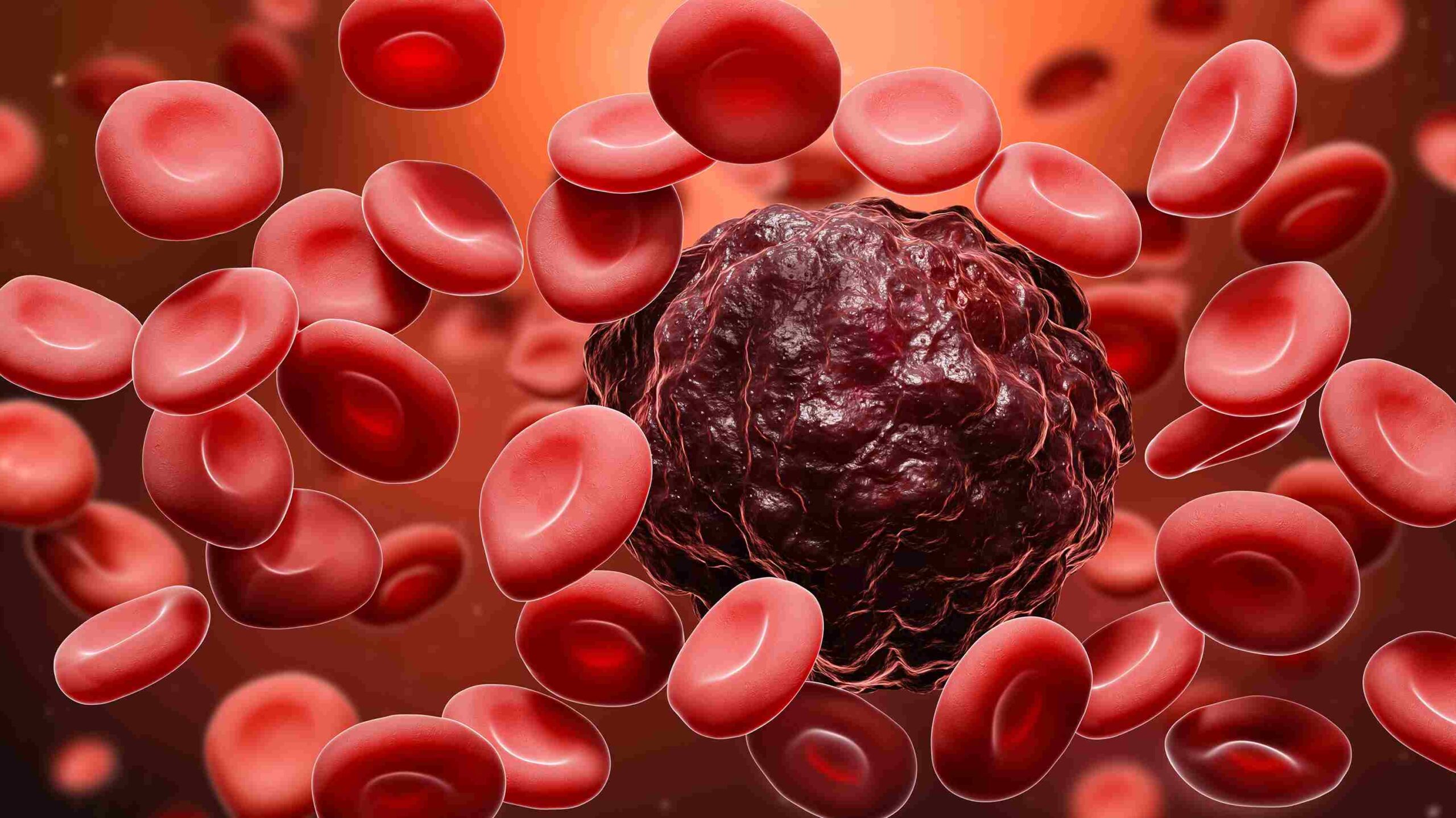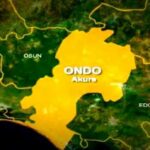The growing number of children developing various types of cancers in Nigeria is alarming, especially when matched against global statistics. A recent investigation by the Daily Trust newspaper found that parents and children live in agony as the burden of treating this disease weighs them down physically, socially and financially.
The most common types of childhood cancer include leukaemia, brain cancers, lymphomas and solid tumours, such as neuroblastoma and Wilms tumours.
According to the World Health Organisation (WHO), an estimated 400,000 children between 0 and 19 years of age are diagnosed with cancer each year, adding that most of these patients live in low- and middle-income countries, where treatment is often unavailable or unaffordable. The global body also said only about 20–30% of those children survive compared to more than 80% in high-income countries.
The founder of Medicaid Cancer Foundation and Kebbi State First Lady, Dr Zainab Shinkafi-Bagudu, said about 40,000 Nigerian children were diagnosed with different types of cancer every year, even as she noted that diagnosed cases exceeded the estimated number because the cancer burden in the country and globally was under-documented as a result of poor diagnosis and low index of suspicion from clinicians and even parents, some of who are unaware that cancer exists in children.
EDITORIAL: A nation in search of its leader
NAHCON tasked on reducing travel time for pilgrims
Dr Zainab said the gap in childhood cancer between high and low-income countries spanned diagnostic skills and facilities, treatment and prognosis, which is as low as 20 per cent in parts of Nigeria, where parents have lost their brilliant, smart and promising children to cancer.
A consultant paediatrician and Head of Unit, Paediatric Oncology, National Hospital Abuja, Dr Adewunmi Oyesakin, said they had been seeing frequent cases of childhood cancer. “In fact, we diagnosed five children with cancer in the last three days, referred to us from Makurdi, Nasarawa and neighbouring states. Right now, we have three children on chemotherapy for leukaemia, not to talk of those who are on treatment for Yolk sac tumours, lymphomas, nephroblastoma, among others.”
She said the hospital had also recently observed more cases of acute lymphoblastic leukaemia (cancer of the blood and bone marrow) among children, adding that some contributory factors to the high prevalence of cases and mortality from childhood cancers in the country were challenges with early diagnosis, prompt treatment and completing the treatment because of the cost implication.
The President, Nigerian Society for Paediatric Oncology (NISPO), Professor Biobele Brown, said “Unfortunately, many people in the country are not aware that cancer occurs in children, and so, when children develop early symptoms and signs of cancer, many parents often attribute them to mild illnesses and fail to present the cases to the appropriate health facilities until the disease is advanced and difficult to cure.”
While the WHO disclosed that the vast majority of childhood cancers do not have a known cause, with very few cancers caused by environmental or lifestyle factors, it suggested “Cancer prevention efforts in children should focus on behaviours that will prevent the child from developing preventable cancer as an adult.”
This is quite alarming and should worry all stakeholders. However, it is a relief that childhood cancers, as experts noted, are treatable and curable if there were early treatments, resources and completion of treatments. This way we can save the lives of our future doctors, engineers and scientists.
It is equally encouraging that some degree of care has been allowed for cancer treatment in the National Health Insurance Scheme (NHIS) even as we call for expansion to ease the burden on parents and their children so that treatment should not be mainly on an out-of-pocket basis.
This investigative story by Daily Trust should spur to action for each and every stakeholder – parents, government, doctors, etc. As experts have observed, awareness of childhood cancer is so low that many parents and healthcare workers may be treating something else for long before diagnosing the real issue.
The government and the private sector, especially through their Corporate Social Responsibility (CSR) projects and interventions, should work jointly in order to create more awareness among the populace and subsidise screening for early detection so that the disease can be tackled before it is too late.
Making cancer screening a part of antenatal services is a good place to start. We should also enhance the capacity of our health professionals to deal with this killer disease. Parents should be observant and report ailments to medical personnel so that it can be diagnosed and treated early. This is one issue that must not be treated with kid’s gloves. All hands must be on deck to stem the tide.

 Join Daily Trust WhatsApp Community For Quick Access To News and Happenings Around You.
Join Daily Trust WhatsApp Community For Quick Access To News and Happenings Around You.


